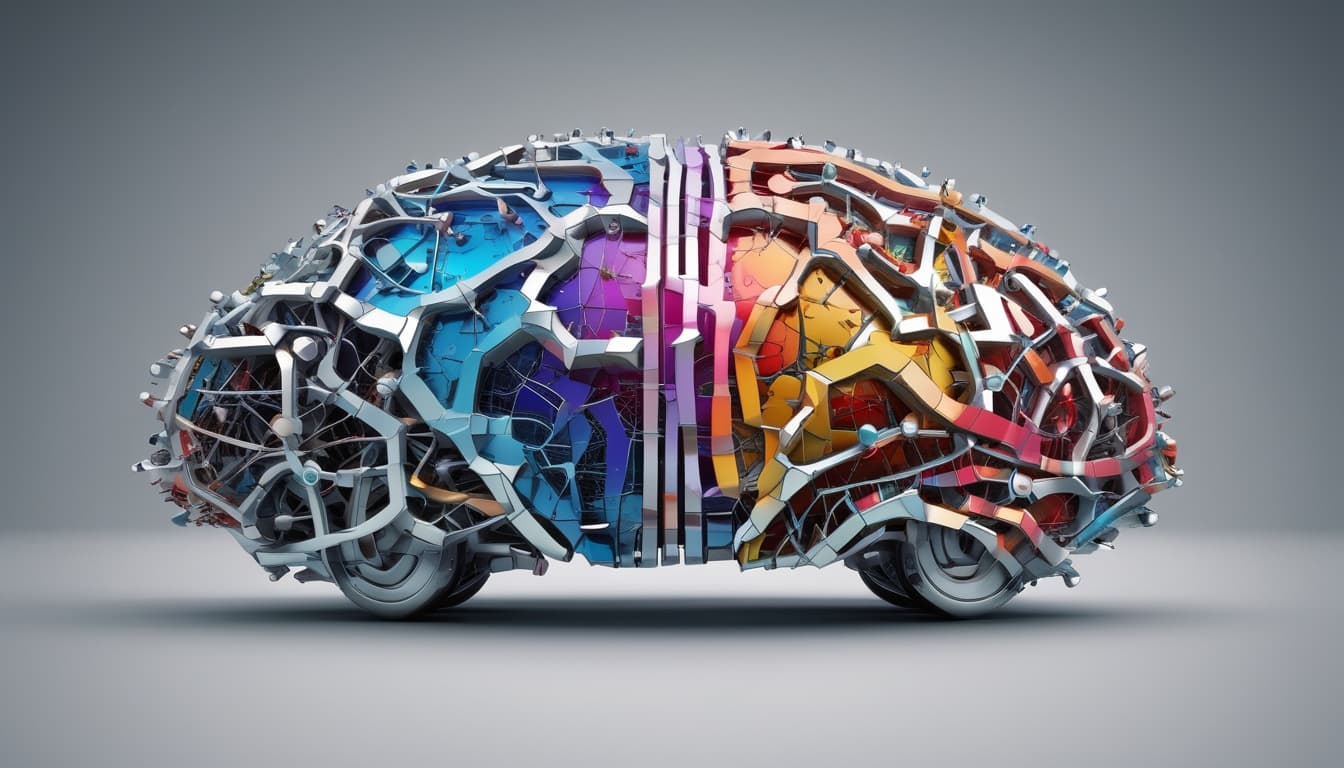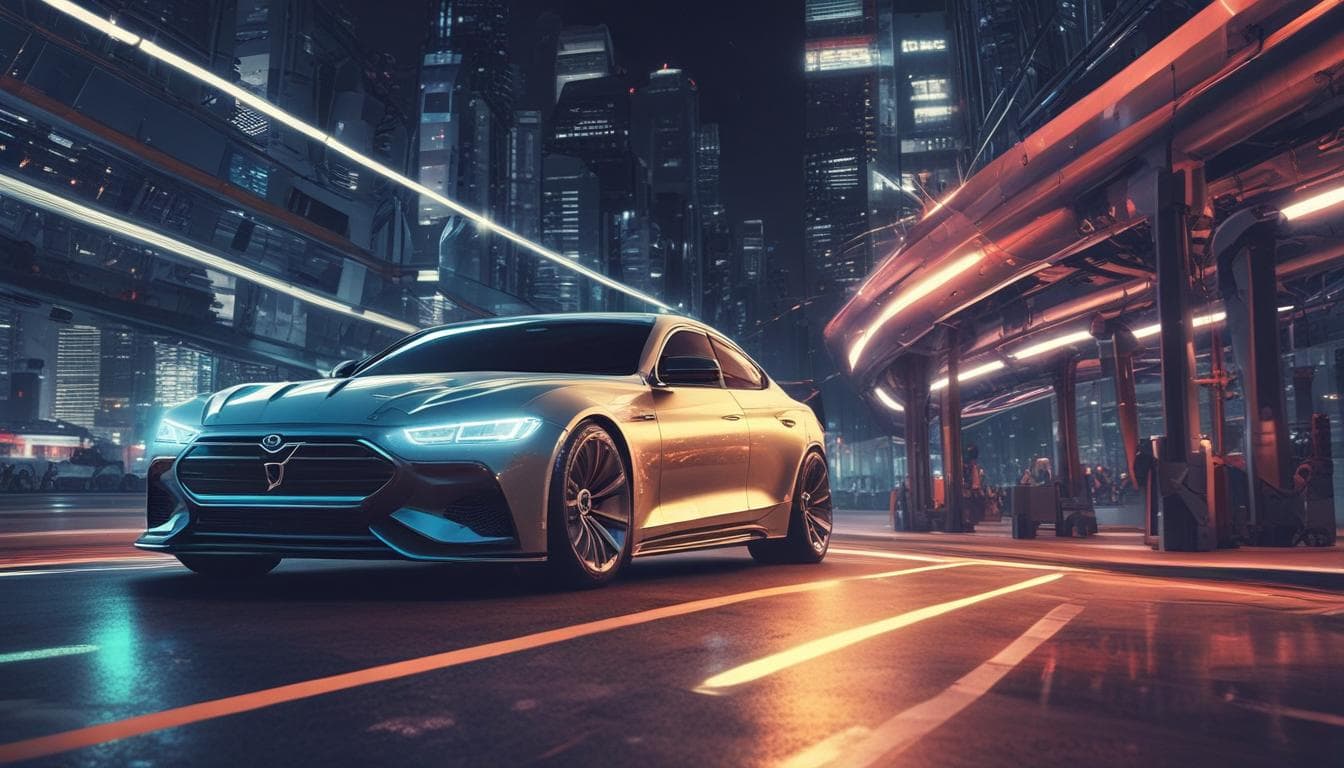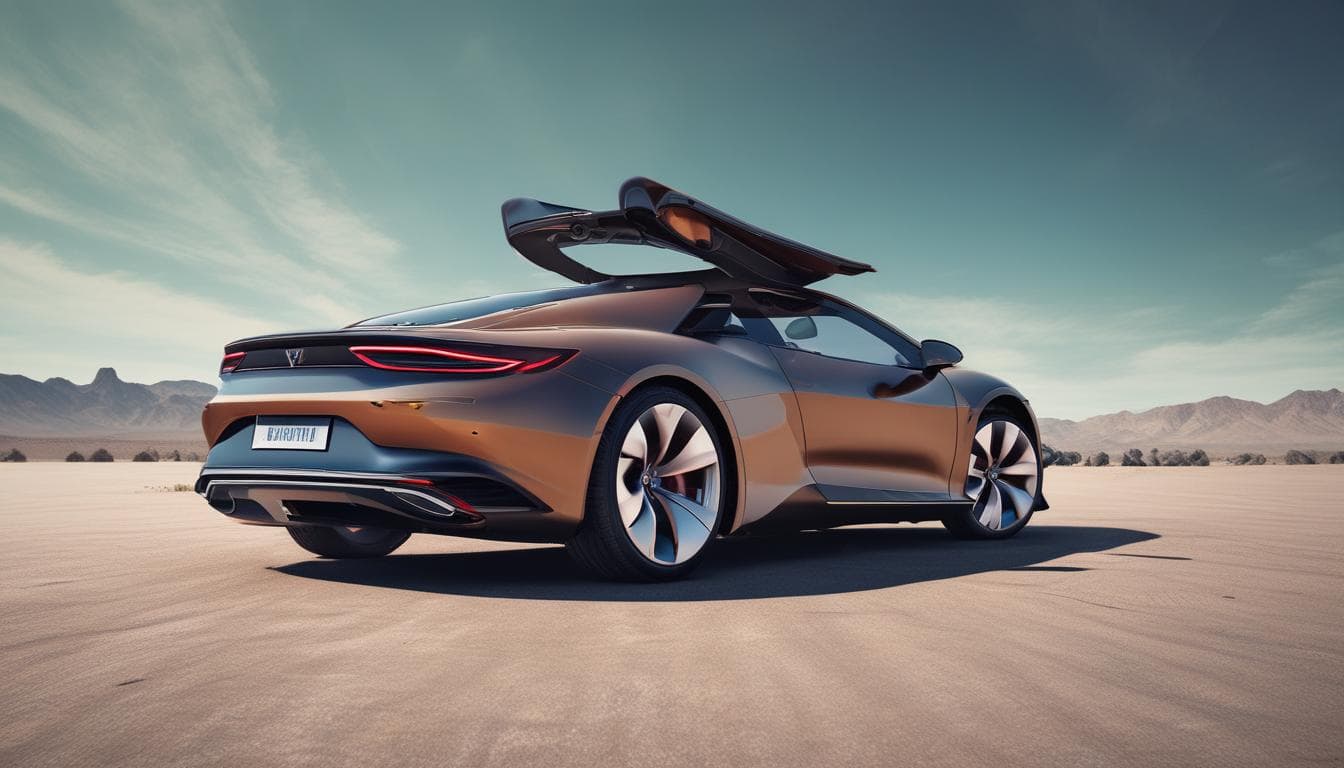With the increasing sophistication of AI in vehicles, how might the role of the "automotive critic" evolve? Will AI-driven analysis replace human perspectives on car design, performance, and cultural impact, or will a new form of critique emerge, blending human intuition with data-driven insights?
That's a fascinating question! I believe AI will significantly impact automotive criticism, but not necessarily replace human critics entirely. Here's my take:
-
Data-Driven Insights: AI can analyze vast amounts of data related to vehicle performance, safety, and reliability. This offers a new level of objective evaluation, complementing traditional subjective reviews. Imagine AI generating reports on a car's real-world efficiency, predictive maintenance needs, or even personalized driving experiences based on user profiles. This data-driven approach can be incredibly valuable for consumers.
-
The Human Element: While AI excels at objective analysis, the human element of automotive criticism remains crucial. Aesthetics, driving feel, cultural impact – these aspects require subjective interpretation and nuanced understanding. Think about the emotional connection we have with cars; AI can't replicate the human experience of driving a classic roadster on a winding coastal road. For more on this evolving landscape, check out this insightful article on the AI revolution in automotive.
-
A New Form of Critique: I envision a future where human critics leverage AI insights to enhance their reviews. Imagine a critic using AI-generated performance data to support their subjective impressions of a car's handling. This blend of human intuition and data-driven insights could lead to a more comprehensive and informative form of automotive criticism. This aligns with the trends discussed in the rise of software and feature subscriptions in cars, where data plays an increasingly important role.
-
New Avenues for Critics: AI might even open up new avenues for automotive criticism. Critics could specialize in analyzing and interpreting AI-generated data, focusing on areas like user experience, personalized features, and the ethical implications of AI in vehicles. This is particularly relevant given the increasing prevalence of topics like automated vehicle inspections.
In conclusion, I believe AI will revolutionize automotive criticism, not by replacing human critics, but by augmenting their abilities and opening up new possibilities. It's an exciting time for the industry, and I'm eager to see how this evolution unfolds.
探索更多相关内容
加入讨论
- 未来汽车的“生物感官”:它们将如何感知城市与人类?
探讨未来汽车超越传统视觉与雷达,拥有嗅觉、味觉、触觉等生物感官的可能性。想象这些“汽车五感”如何改变车辆对城市环境的理解、重塑驾驶体验、优化交通系统设计,并深化人与汽车的情感联结。加入讨论,分享你对智能汽车感官进化的独特见解。
- 未来汽车:移动的个人健康管理中心?机遇、挑战与展望
探讨未来汽车如何转变为“移动个人健康管理中心”,实时监测身体指标、提供个性化建议。分析其对日常生活、健康习惯的影响,以及带来的机遇、挑战,包括隐私、数据安全和跨界合作等问题。
- 汽车智能情感交互:畅想未来驾驶体验
探讨汽车如何根据驾驶员的情绪调整驾驶体验,包括音乐、灯光和驾驶模式,分析其潜在的益处和风险,以及用户最期待的功能和担忧。





